Latest Articles
Agile Adoption in Financial Institutions
Agile is not just for IT or places where project management and bug fixes are needed. In today’s digital world, Ag...
What is DataOps Principle and Framework Complete Guide
DataOps is the abbreviation for "data operations" and is a methodology for working. It provides the framework ...
Business Analyst Interview Questions and Answers
A Business Analyst helps a company by understanding what the business needs and connecting it with the right technology....
Different Cloud Computing Models A Full Guide
Cloud computing is a powerful technology that alters the way we store, handle, and utilize data. It benefits most busine...
Top 20 Reasons to Use Power BI in 2025
Power BI was initially codenamed as Project Crescent and started in July 2011 with SQL Server. In September 2013, it was...
Pros and Cons of Ethical Hacking
Hacking poses a worldwide problem that's on the rise. Hackers possess technical know-how to manipulate data and gain...
Step to Build a Successful Career as an Enterprise Architect
Enterprise architects, or EAs, create long-term IT plans as part of the business' IT strategy to help the organizati...
Top Git Software Tools Every Developer Needs in 2025
If you are a programmer, then most likely you have used Git to track changes in your projects. Git enables individuals t...
Level Up Problem Solving for Better Business Results
Problem-solving is a valuable skill that enables individuals and companies to keep up with problems and achieve their ob...
Breaking Down Features in Agile Projects
Agile projects have been defined by their straightforward way of working that guarantees big jobs are divided into manag...
Power BI Most Valuable Features
Power BI is software created by Microsoft. It helps individuals to get a better idea of data by transforming it into eas...
The Backlinks You Need to Rank Higher on Google
Backlinks are important to inform search engines like Google which sites rank first. Backlinks are links that send peopl...
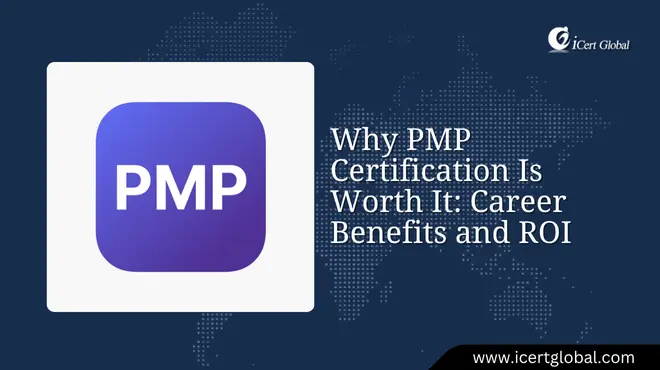


.jpg)


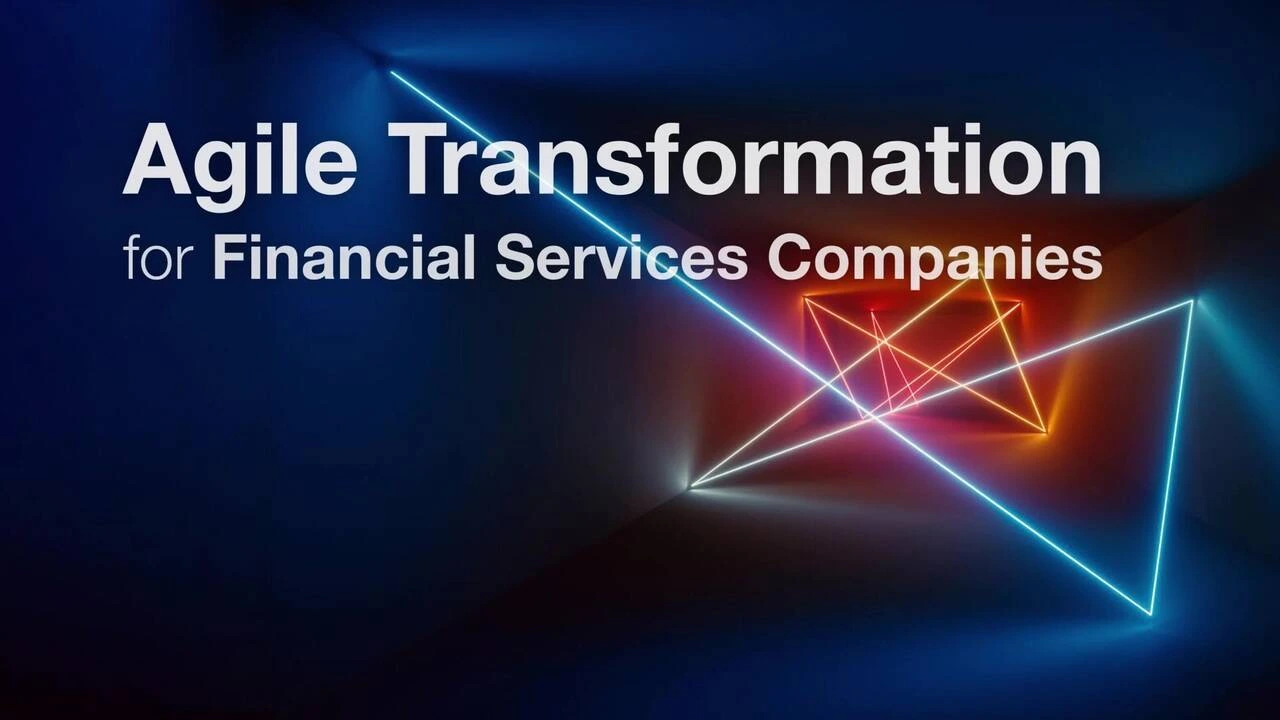

.webp)

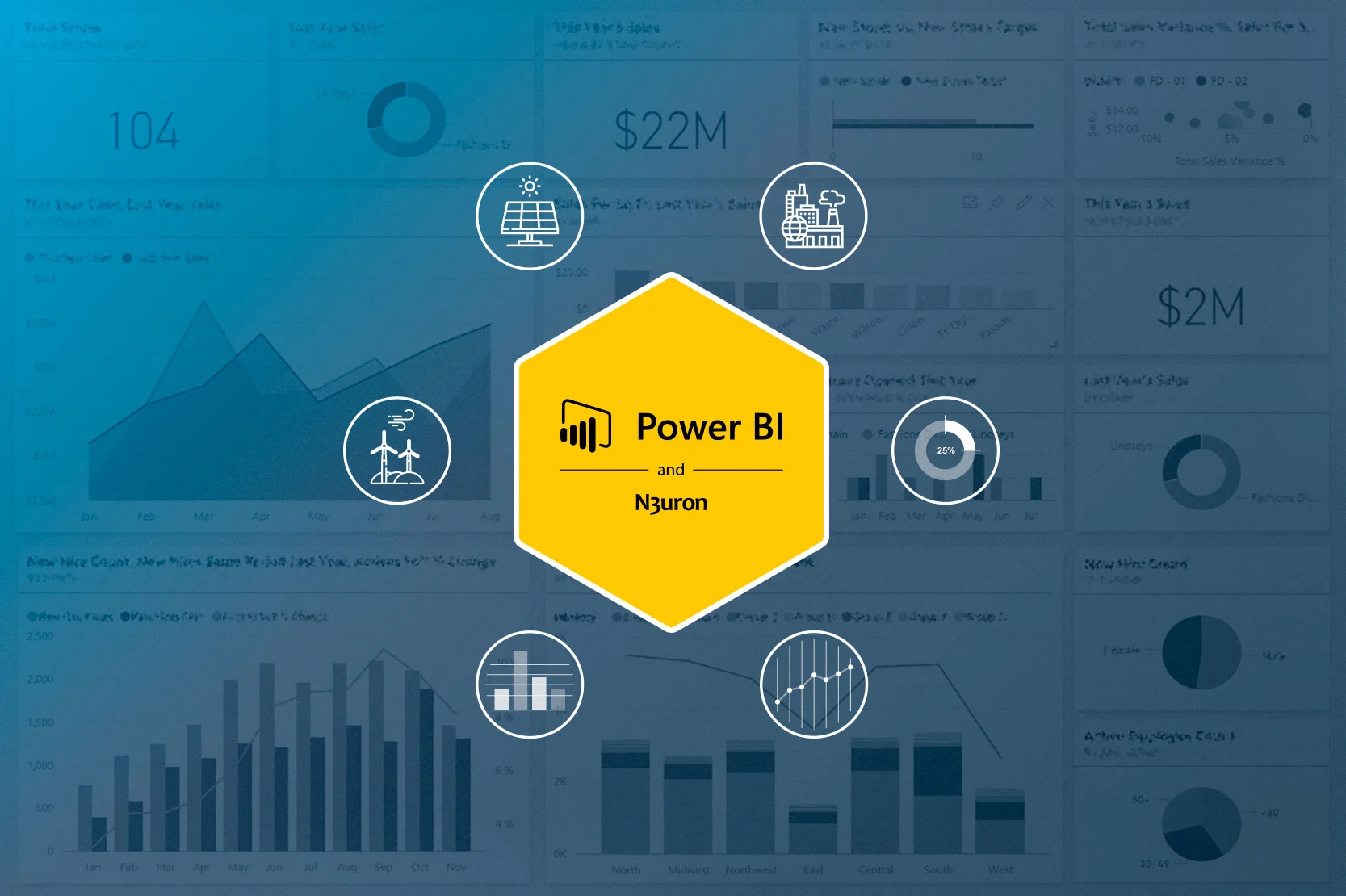

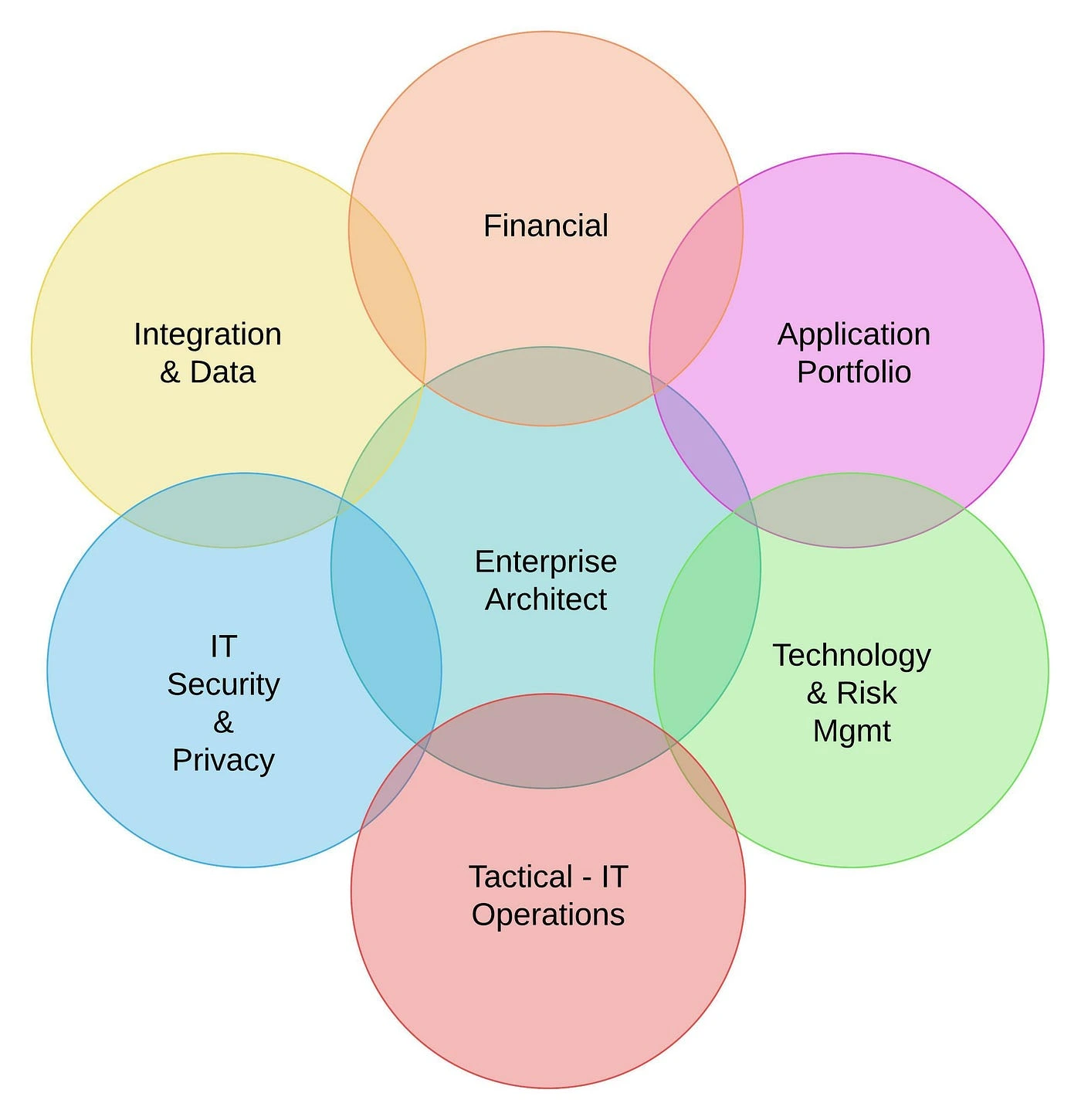
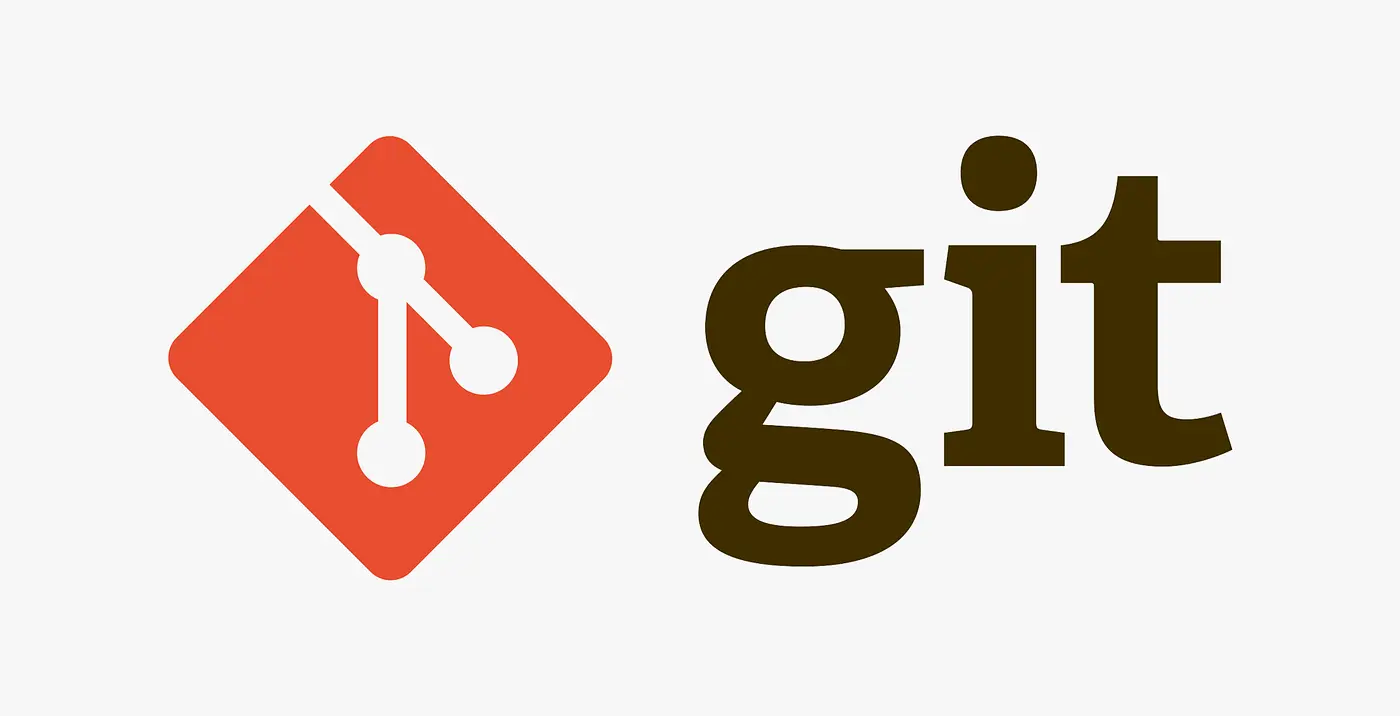
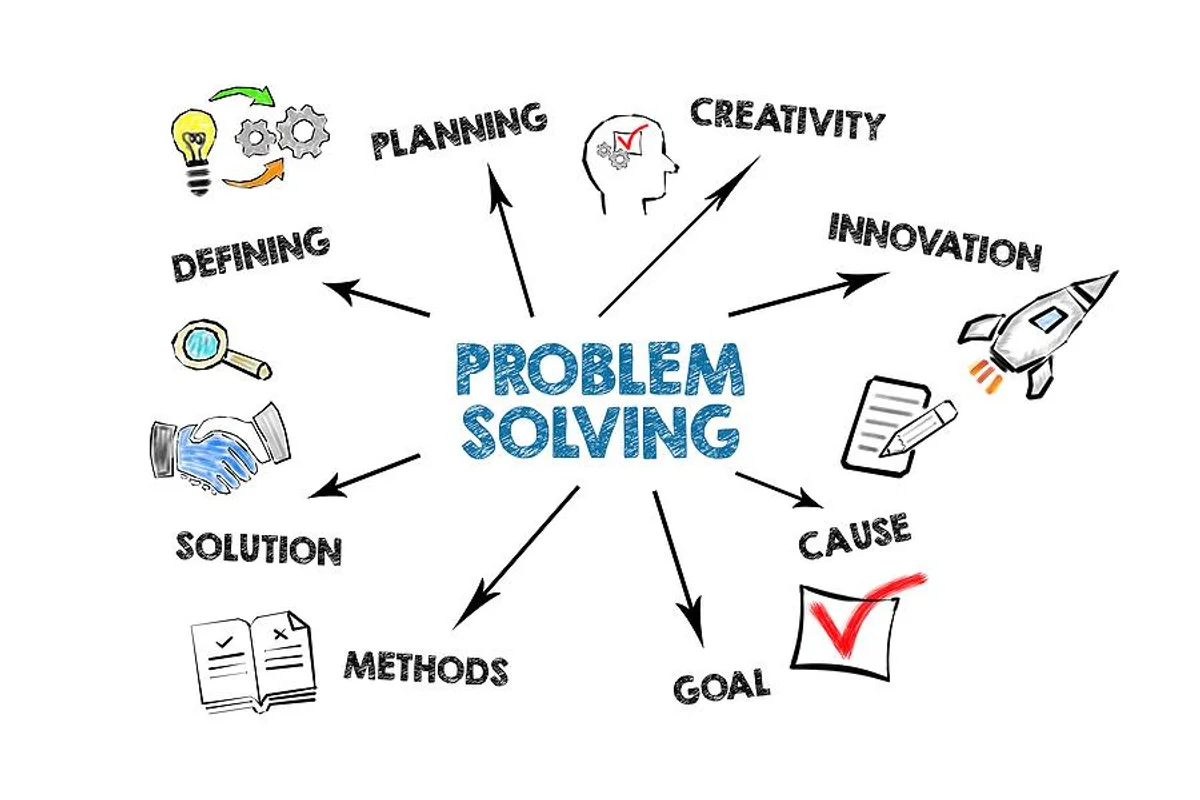
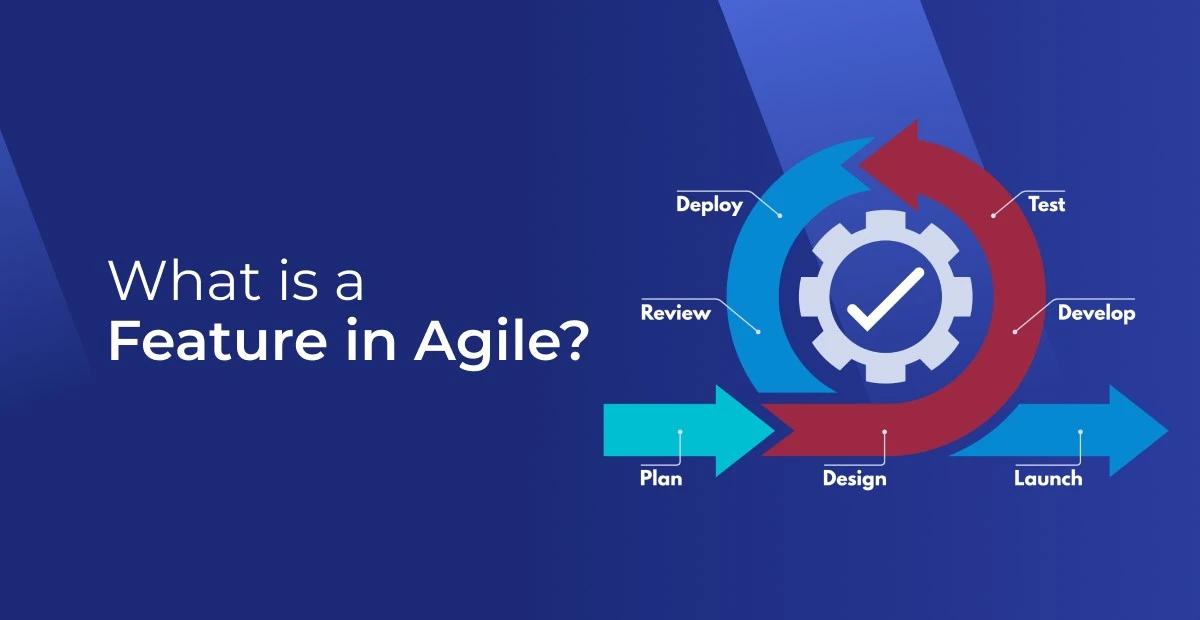

.webp)


